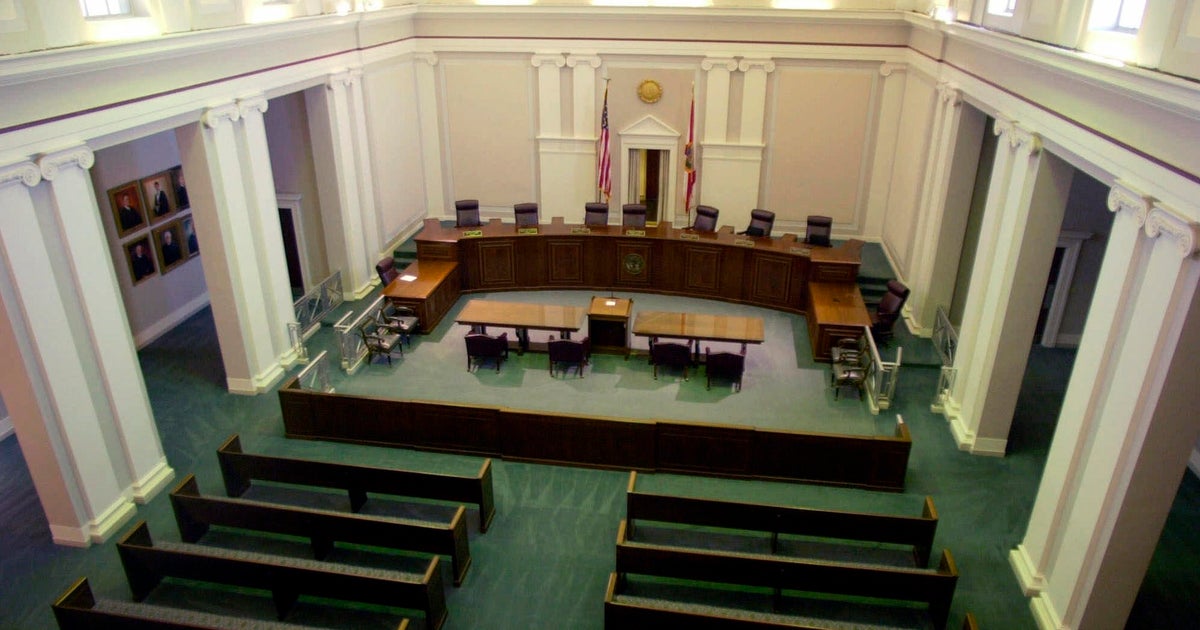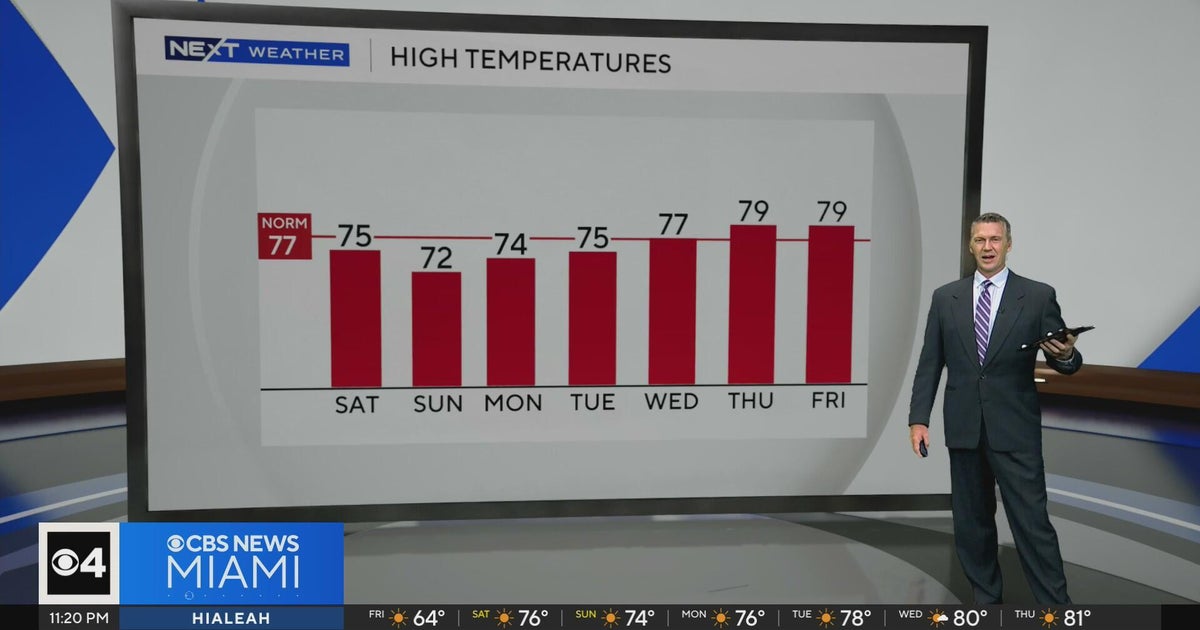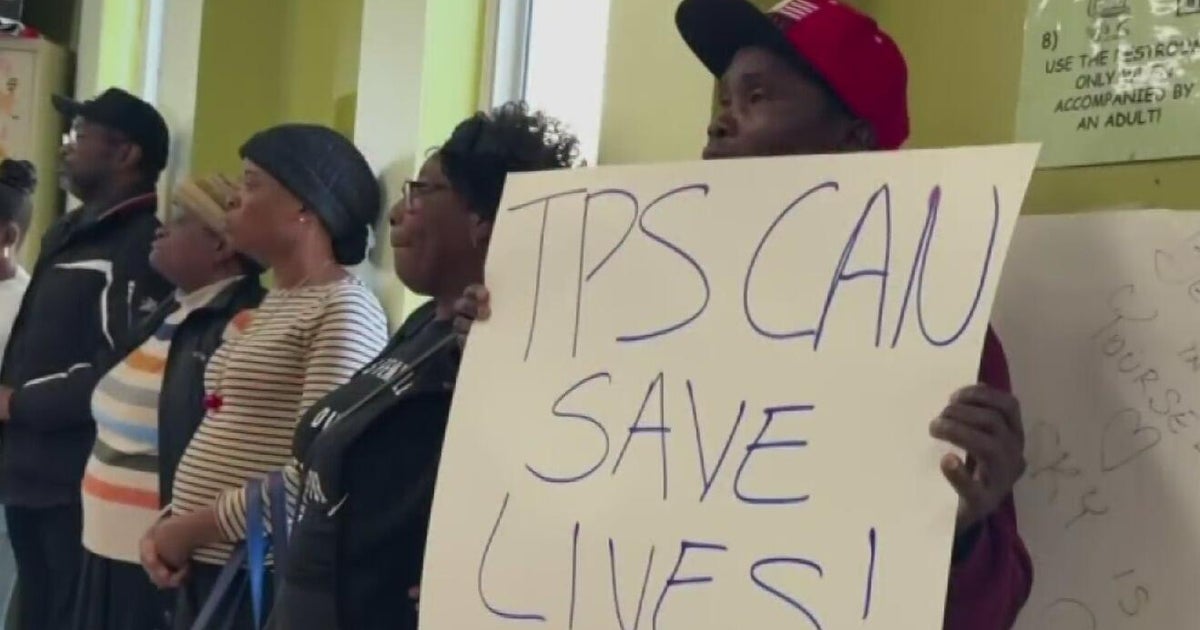TALLAHASSEE — A 2018 constitutional amendment made to bolster victims’ legal rights “does not explicitly” shield the identities of police officers – or any other people today – from disclosure, the Florida Supreme Court docket dominated in a significant determination on Thursday.
The unanimous belief, authored by Justice John Couriel, came in a dispute in excess of the identities of two Tallahassee law enforcement officers concerned in independent use-of-drive incidents in which they have been threatened. The officers invoked the “Marsy’s Regulation” constitutional modification to avoid their names from getting unveiled the Florida Police Benevolent Association, a union representing the officers, argued that they have been victims and their identities have been shielded by the amendment.
An appeals court docket in April sided with the officers, but the city of Tallahassee and news organizations requested the Supreme Court to hear the case, arguing in element that the law enforcement officers’ names should not be shielded from the public mainly because they ended up not performing as unique “persons” when the incidents transpired.
Thursday’s 27-web page decision uncovered that the regulation “does not protected a victim’s right to unanimity.”
“We conclude that Marsy’s Legislation does not ensure to a target the categorical right to withhold his or her title from disclosure,” Couriel wrote.
Marsy’s Law put into the Constitution a selection of rights for criminal offense victims, which includes “the correct to reduce the disclosure of information of records that could be used to identify or harass the victim or the victim’s family members, or which could disclose private or privileged information and facts of the target.”
The regulation defines a victim as a “human being who suffers immediate or threatened bodily, psychological, or economic harm as a final result of the fee or attempted fee of a criminal offense or threat or against whom the criminal offense or delinquent act is fully commited.”
Couriel’s view repeatedly pointed to a part of the legislation working with the disclosure of details that could be employed to locate victims or their family members.
“One’s identify, standing by itself, is not that kind of data or document it communicates nothing at all about the place the unique can be found and bothered,” Couriel wrote. “In all, what the text implies, the context confirms: (the part) does not secure a victim’s suitable to anonymity.”
Couriel rejected law enforcement arguments that the amendment required concealment of a victim’s name on his or her ask for.
“Pretty read, the textual content does no this sort of issue. For it is 1 point to recognize a human being and a further entirely to find or harass him or her,” he wrote.
The legislation should be interpreted to defend “only data that can be applied to locate or harass, somewhat than recognize, a victim,” the justice extra.
“Guarding crime victims from remaining situated – as opposed to discovered – is a meaningful difference, for exposure of a crime victim’s place produces a threat of bodily risk that publicity of his or her identify on your own does not usually pose,” he wrote.
Jennifer Fennell, a spokeswoman for the team Marsy’s Legislation for Florida, said the justices’ “ruling that this be used quite commonly to all criminal offense victims is disappointing, in particular as they realize in this exact ruling that certain categories of victims have the suitable to protect against the general public disclosure of their names.”
“With the technologies offered in modern day and age, it defies typical logic that accessibility to a victim’s name are unable to be utilized to track down or harass that victim,” Fennell mentioned in a statement. “With this ruling, the Florida Supreme Court has removed a appropriate which Florida criminal offense victims have been working with for practically 5 yrs and have been relying on this security for their very own protection.”
But lawyer Mark Caramanica, whose company Thomas & LoCicero signifies the news shops, said in a assertion that the ruling is “a earn for governing administration transparency,”
“The court used a widespread perception approach to interpreting Marsy’s Legislation that reins in overzealous apps that hide newsworthy info from the general public. In this situation, the concerns could not have been weightier and the court’s ruling stops police officers from shielding their names when on-duty shootings occur,” Caramanica said.
John Kazanjian, president of the Florida Law enforcement Benevolent Affiliation, told The News Assistance of Florida he was unhappy in the court’s ruling but deemed it a victory of types.
“Very well, I was absolutely stunned that they struck it down, but if you go through the whole ruling, I imagine it really is a gain for police for the reason that they place us in a class with everyone,” Kazanjian explained. “I am unhappy, totally, but not just for law enforcement officers. I am let down for all victims. But pay attention, the Supreme Courtroom, they know what they’re doing. They identified that it did not specify for victims, not just for law enforcement officers.”
Thursday’s ruling also drew notice to a prospective conflict with one more constitutional appropriate guaranteeing defendants the skill to “confront adverse witnesses” at trial.
“That ideal would be drawn into question if we identified that (the part of the law) categorically secured a victim’s ideal to anonymity in all criminal scenarios,” Couriel wrote.
Lawful wrangling more than the police officers’ identities also exposed a opportunity conflict amongst Marsy’s Regulation and an more mature governing administration-in-the-sunshine constitutional amendment that founded a person of the broadest open-data insurance policies in the country.
The issue of whether or not Marsy’s Regulation grants law enforcement officers the ideal to be regarded “victims” when they are on the occupation has developed divisions in the law-enforcement local community, federal government companies and even in the town of Tallahassee.
“I never feel that it can be appropriate for legislation enforcement officers in the program and scope of their work, acting underneath shade of law, to have their names and their own facts withheld. I do not consider that was the intent,” Pinellas County Sheriff Bob Gualtieri, who is a lawyer, told the Information Service in 2020. “I really don’t believe it can be the right factor.”
Gualtieri and Volusia County Sheriff Michael Chitwood submitted mate-of-the-courtroom briefs siding with Tallahassee. But the Palm Beach front County Sheriff’s Office took the opposite stance, in section citing an improve past year in legislation-enforcement officers staying killed in the line of duty.
Kazanjian explained to the News Assistance he expects lawmakers to move a measure addressing the issue throughout the approaching legislative session, which commences in January.
“You can find some legislators now calling us, saying, ‘Listen, I want to manage this, I want to lead the demand on this.’ So I believe it is really going to happen,” the union leader stated.
Fb
Twitter
E-mail
PrintCopy write-up url
Preserve




